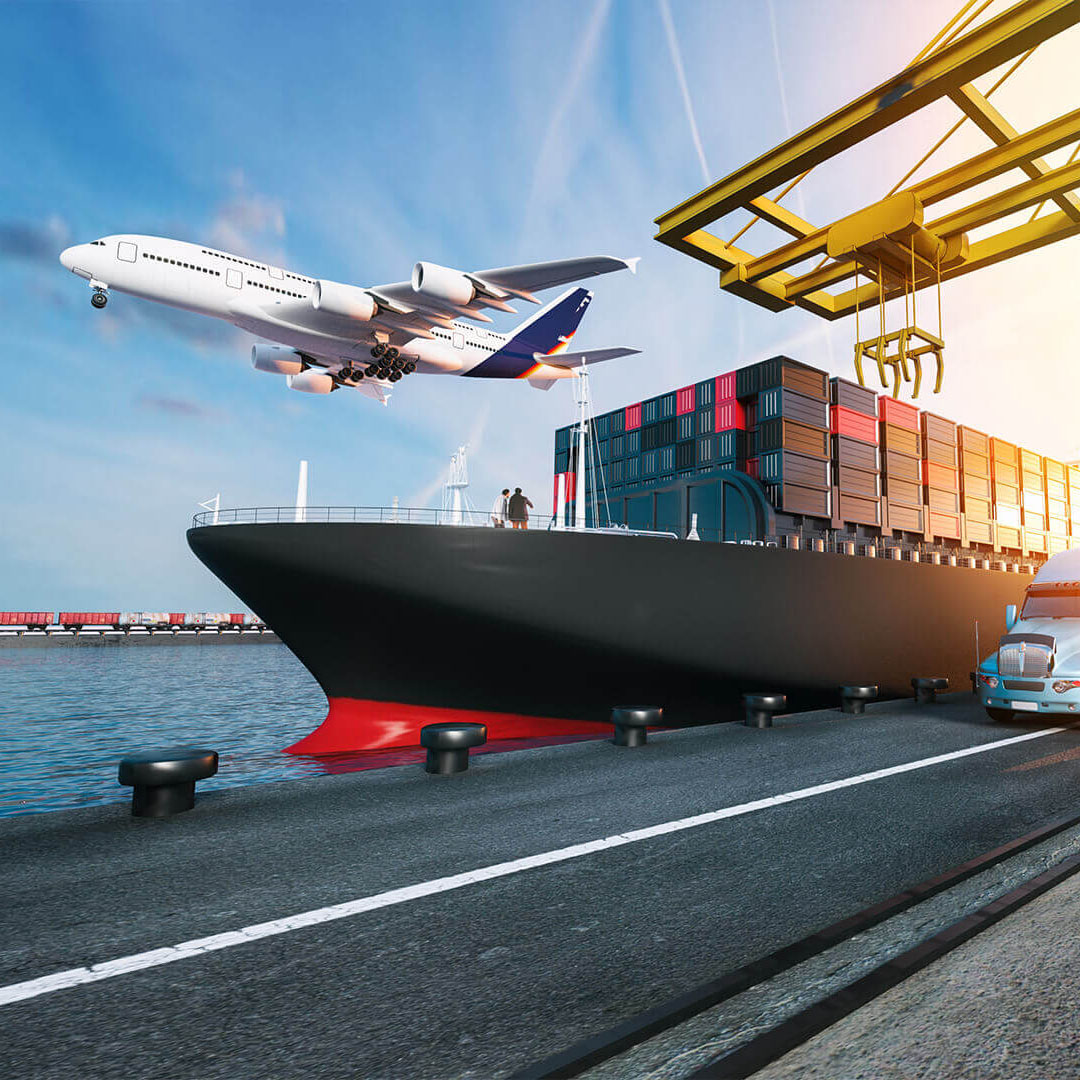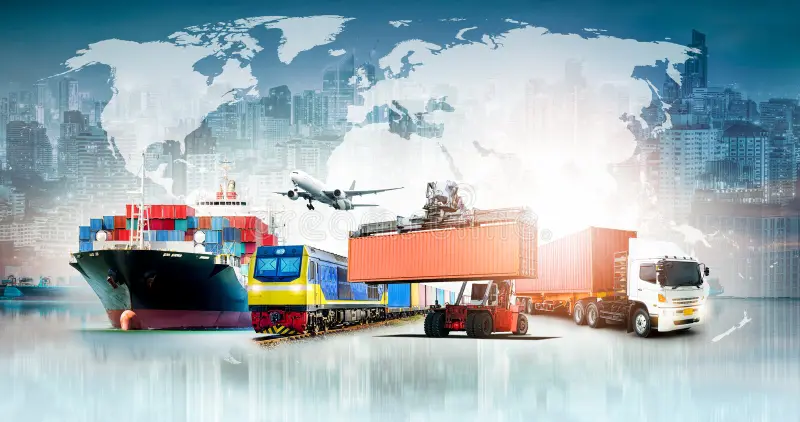Shipping from Singapore to Australia is a critical logistical service that serves businesses and individuals alike. Whether you’re importing goods for commercial purposes or relocating personal belongings, understanding the factors that affect the cost of shipping is essential. Shipping costs can fluctuate due to a variety of reasons, including the mode of transport, the weight of goods, and the shipping service provider you choose. In this article, we will explore the factors influencing shipping costs between Singapore and Australia and help you navigate the complexities of international shipping.
1. Shipping Mode: Air vs. Sea Freight
The most significant factor affecting the cost of shipping from Singapore to Australia is the mode of transport. There are two primary modes of international shipping: air freight and sea freight. Each has its own cost structure and suitability depending on the nature of the goods being shipped.
Air Freight
Air freight is known for its speed and reliability, making it ideal for time-sensitive deliveries. However, shipping by air is typically more expensive than sea freight, especially for larger volumes of goods. Air freight is commonly used for small, high-value items or goods that need to be delivered quickly.
Sea Freight
Sea freight is a more cost-effective option for bulkier or larger shipments. While it takes longer to ship goods via sea, the cost per kilogram is usually much lower than air freight. Shipping via sea is ideal for businesses that need to transport larger quantities of goods or those that can afford to wait longer for delivery.
For example, the shipping from Singapore to Australia cost for sea freight is usually more affordable compared to air freight. This difference is especially noticeable for heavier and bulkier goods. If you’re looking for a reliable freight service for your sea shipments, consider exploring services provided by freight forwarder Thailand to Singapore.
2. Weight and Volume of Goods
The weight and volume of the goods being shipped are significant factors that directly impact shipping costs. Shipping carriers charge based on either the actual weight or the volumetric weight of the goods, whichever is greater. Volumetric weight is calculated by multiplying the length, width, and height of the shipment and dividing by a standard dimensional weight divisor. Larger or heavier shipments will, therefore, incur higher shipping fees.
If you’re shipping a large quantity of goods, consider using a freight forwarder service to help manage your logistics and ensure cost-effective solutions. A reliable Singapore freight forwarder can assist you in optimizing your shipment, reducing the overall shipping cost by considering the best packaging and transportation options.
3. Distance and Delivery Time
The shipping distance and the time frame for delivery are crucial considerations when shipping from Singapore to Australia. The farther your destination, the higher the cost. Additionally, expedited shipping options, like express air freight, tend to be more expensive than standard shipping options.
Delivery Time
If you require fast delivery, you may opt for air freight, which generally offers shorter transit times. However, this comes at a premium. Sea freight, on the other hand, may take several weeks depending on the specific route and port congestion. Understanding your timeline and balancing the cost of faster shipping is crucial in managing your budget effectively.
Transit Time
The shipping from Singapore to Australia via sea freight takes longer, generally between 10 to 30 days, depending on the route and port. If you’re interested in faster deliveries, sea freight from Shenzhen to Singapore can be a feasible option, but it will still require additional time for shipping to Australia.
4. Customs Duties and Taxes
When shipping internationally, customs duties and taxes play a significant role in determining the overall shipping cost. Each country has its own set of rules and regulations regarding imports, and Australia is no exception. The customs duty on goods entering Australia depends on the nature of the goods and their declared value.
The freight forwarding from China to Singapore process involves preparing the necessary documentation and ensuring compliance with customs regulations. The same applies when shipping from Singapore to Australia. For businesses, it’s essential to account for customs fees, as they can increase the overall shipping costs.
Working with a trusted Singapore freight forwarder ensures that all necessary paperwork is in order, helping to avoid delays and additional costs when goods reach the Australian border.
5. Insurance Costs
Shipping insurance is another critical factor that adds to the overall shipping cost. Insurance ensures that your goods are covered in case of damage, loss, or theft during transit. While it may seem like an additional expense, insurance is recommended for valuable or fragile goods.
The cost of shipping insurance depends on the value of the goods being shipped. Higher-value items will naturally require more expensive insurance coverage. If you’re shipping high-value goods from Singapore to Australia, make sure to consult with your freight forwarding service to determine the best insurance options available.
6. Port and Terminal Fees
Ports and terminals charge fees for the handling and processing of shipments. These fees can include unloading costs, storage charges, and other terminal-related expenses. Different ports in Australia may have different fee structures, which can impact the overall cost of shipping.
In addition to port charges, there may also be additional fees for services like customs clearance, unloading, and delivery within the destination country. If you’re shipping through major ports in Australia like Sydney, Melbourne, or Brisbane, be sure to factor in these extra expenses.
By working with a reliable freight forwarder Singapore, you can minimize the impact of these additional costs. The freight forwarder will help you navigate the complex port and terminal fees to ensure that your shipment is processed efficiently.
7. Packaging
Proper packaging is essential to protect goods during transit and to reduce the chances of damage. The cost of packaging materials can add to the overall shipping cost, especially if specialized packaging is required for fragile or hazardous goods. The more intricate and secure the packaging, the higher the cost will be.
Efficient packaging can also help reduce dimensional weight, which can impact the cost when shipping by air. Many sea freight from China to Singapore carriers offer packaging solutions designed to optimize shipping costs and protect goods. As a result, partnering with an experienced freight forwarder can help ensure the appropriate packaging for your items, thus minimizing unnecessary costs.
8. Fuel Prices
Fuel prices are a major contributing factor to shipping costs. When fuel prices rise, shipping carriers often pass these increases onto customers. This is especially true for sea freight, where fuel surcharges are a common occurrence. Air freight, while typically less affected by fuel prices than sea freight, can also see fluctuations in pricing based on fuel costs.
When you’re calculating the total cost of shipping from Singapore to Australia, be sure to inquire about fuel surcharges from your freight forwarder service. These surcharges may change depending on market conditions, and it’s essential to stay informed about any potential changes.
9. Shipping Volumes and Frequency
For businesses that ship large volumes of goods on a regular basis, negotiating rates with shipping carriers can significantly reduce costs. Carriers are often willing to offer discounts for high-volume shipments or frequent shippers. If you’re a business shipping goods regularly, be sure to discuss your shipping volume with your freight forwarding from China to Singapore partner.
By establishing long-term relationships with freight service providers, businesses can negotiate better rates and streamline their supply chain, ultimately lowering shipping costs over time.
Conclusion
Shipping from Singapore to Australia is an intricate process influenced by numerous factors. From the mode of transport to packaging, customs duties, and fuel prices, there are several variables that contribute to the overall cost. Understanding these factors and working with a trusted freight forwarding service can help you manage your shipping costs efficiently.
For those looking for reliable and cost-effective solutions for international shipping, services like freight forwarder Thailand to Singapore can also play a vital role in streamlining logistics. Whether you choose air or sea freight, or explore the services of a Singapore freight forwarder, ensuring proper planning and collaboration with experts is the key to minimizing shipping costs and ensuring timely deliveries.









